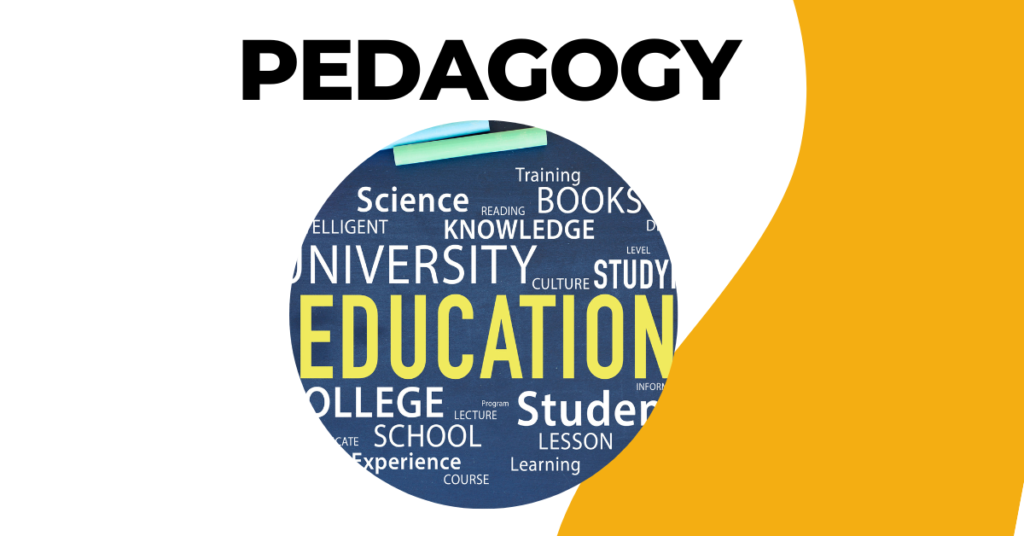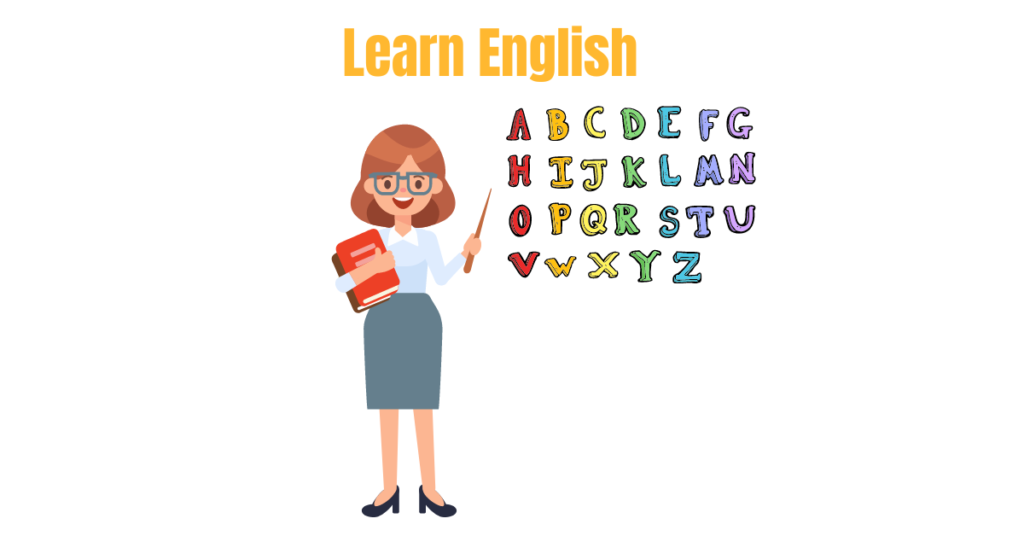Teaching is a life-long process. Our teaching styles should also evolve so that students benefit from every lesson. Reflection is essential to get insights into what teaching areas we should improve. It is a process of self-observation and self-evaluation. The more we reflect on our teaching practice, the more we know what strategies are effective and should be modified based on students’ cognitive levels.
Reflection is like a bridge that helps teachers navigate our lessons more precisely. As educators/practitioners, we should reflect on every task we have with our students “to promote children’s sense of investment in the learning process and integrate caring into the daily routine” (Kaufman and Sawyer,2004). Reflective teaching is a cyclical process that guides teachers to judge better how they impart knowledge to students.
Based on my experience, little room for improvement for teachers and learners’ progress in class are the two aspects directly affected when teachers do not practice reflective teaching. Lewellen states that “a teacher’s repertoire should include a knowledge of multiple instructional models and teachers should mix them in whatever fashion is required to promote mastery of the intended learning outcomes (1990). One way to acquire diverse teaching strategies and models is through reflective teaching. When teachers do not practice it, they interfere with developing new teaching skills that might benefit their career in the long run. Through reflection, let’s say by asking a colleague for feedback, they could gain new teaching methodologies into their practice. As more and more strategies and methods are being incorporated into their training, they will become more confident in anticipating problems in class. They could also assess their teaching style and the materials/resources they are using: Are the materials age-appropriate? How about the level of difficulty? Does the teaching material suit the level of my students?
Most importantly, based on my own experience, reflective teaching is imperative to differentiate lessons. If teachers do not utilize differentiation resulting from not practicing reflective teaching, learners’ progress in class is greatly affected.
We have a variety of students in every class we have. With that being said, we educators should adjust our lesson plans by their content to ensure that learners achieve the desired learning goal.
Students learn from effective teachers. In essence, teachers plan structured lessons that aim to achieve a specific learning outcome and “pay high dividends in increased learning for boys and girls” (K. Hoover and H. Hoover,1967). When teachers practice reflective teaching, they can tailor their teaching to gain new skills. I have been using reflection throughout my teaching career. I make it a habit to write in my journal the things that went well and the things that need to be changed for the next lesson. By doing so, I see tremendous results not only for myself, having to gain more confidence in teaching but also for my students. I received feedback from them telling me that the lesson was easy to understand. I sometimes ask students what topic they want to focus on and which is challenging to comprehend. By communicating with my students to get feedback, I gain a new perception of what topic to teach and how to accustom my lessons to them.
References:
Hoover, Kenneth. H., & Hoover, Helene. M. (1967). Lesson Planning: Key to Effective Teaching. The Clearing House, 42(1), 41–44. http://www.jstor.org/stable/30183236
Lewellen, J. R. (1990). Systematic and Effective Teaching. The High School Journal, 74(1), 57–63. http://www.jstor.org/stable/40364592
Rimm-Kaufman, S. E., & Sawyer, B. E. (2004). Primary-Grade Teachers’ Self-Efficacy Beliefs, Attitudes toward Teaching, and Discipline and Teaching Practice Priorities about the “Responsive Classroom” Approach. The Elementary School Journal, 104(4), 321–341. http://www.jstor.org/stable/3202945
Latest posts





Recent comments